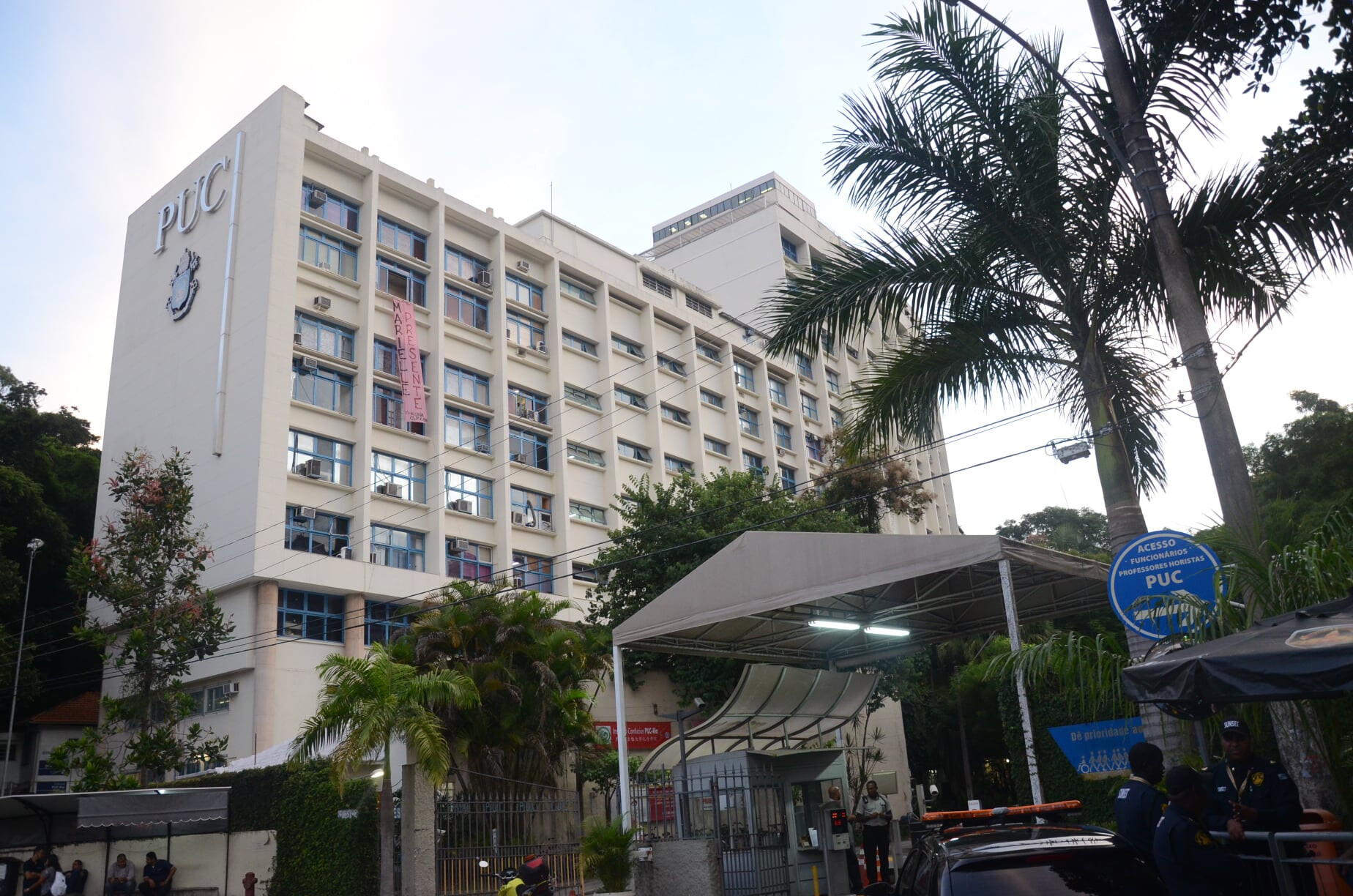The initial list made by Chancellor Mónica Benicio, one of the authors of the bill, included statues to be removed, as well as statues of Father Antonio Vieira, and statues of Marshal Luis Alves de Lima y Silva, the Duque de Caxias and patron of the Brazilian army, which historians have described as a racist. And the author of The Massacre of Blacks, detailed in the newspaper Folha de São Paulo.
The list also mentions a statue of General Humberto de Alencar Castelo Branco, the first of the five soldiers who ruled Brazil during the dictatorship imposed between 1964 and 1985 and who are accused of human rights violations.
A bust in honor of Father Antonio Vieira has been in Rio de Janeiro since 2011, at the Pontifical Catholic University of Rio de Janeiro (PUC-Rio), after a donation from the Lisbon City Council, in exchange for a bust of the writer Machado of Assis, donated in 2008 .
Antonio Vieira, Jesuit priest, theologian, professor, diplomat and eloquent speaker, was born in Lisbon in 1608 and died in Brazil in 1697. He left a documentary work of 200 sermons and 700 letters, and is generally recognized as one of the main defenders of the religion. Human rights: Indigenous people, especially in Brazil, where they rebelled in the 17th century against the exploitation and enslavement of indigenous tribes.
Councilman Carlo Caedo passed the law on Tuesday evening, after the Rio de Janeiro City Council, which is organizing the initiative, allowed the 15-day period to expire to approve or object to it.
“It is now law,” the official memorandum issued by the Rio de Janeiro City Council said, explaining that the measure took effect on Wednesday, despite the municipality’s omission and the fact that the city’s mayor, Eduardo Paes, avoided commenting on the matter.
“According to the proposal, tributes already installed in public spaces should be moved to a museum setting, closed or open, and should be accompanied by information that establishes and communicates the context and character of the work.”
The law prohibits the establishment or administration of any kind of tribute bearing positive mention or courtesy to persons who have committed acts that harm human rights, democratic values, or respect for religious freedom.
The standard specifically cites historical figures who advocated slavery, eugenics, or performed actions of a racist nature.
“By highlighting a specific person, the public authority supports his achievements and praises his legacy,” he said. “Brazilian history holds countless moments of denunciation, among which the genocide of indigenous peoples and the enslavement of kidnapped Africans can be highlighted.” From the project, former advisor Chico Alencar, quoted by Diario Carioca.
In the same note, project co-author Monica Benicio, of the Socialism and Freedom Party, said: “It is necessary to make a historical reparation for this period, in particular to define a position on identity and identification.” “The position we take on Brazil today is what we want from now on.”
He added, “Therefore, approving this project is an important step towards promoting a just and equal society. With racism, there is nothing that can be relativized.”
In 2020, after the statue of Father Antonio Vieira was vandalized in Lisbon, the President of the Republic, Marcelo Rebelo de Sousa, considered it a “truly idiotic” gesture against the memory of “the greatest Portuguese orator” and “a progressive man” at the time.
The Head of State spoke against the vandalism and destruction of statues in general, considering that history must be taken as a whole, and he referred in particular to the statue inaugurated in 2017 in Largo Trinidad Coelho, in Lisbon, of the priest Antonio Vieira. With three American Indian children painted with the word “decoloniza” in red.
The President of the Republic added that the 17th century Jesuit missionary “fought for independence, was a great diplomat, was a progressive man at that time, was persecuted by the Portuguese colonialists in Brazil, was persecuted by the court, and at one point, was persecuted by the Portuguese.” inquisition”.
The Head of State continued: “He was one of the greatest Portuguese writers, and he was the greatest Portuguese orator,” concluding: “Therefore, in his time, this man, who was a visionary, should be considered an example of what one wants.” “Destroying and demolishing the memory and testimony of our history is stupid, really stupid.”

“Hardcore alcohol maven. Hipster-friendly analyst. Introvert. Devoted social media advocate.”

